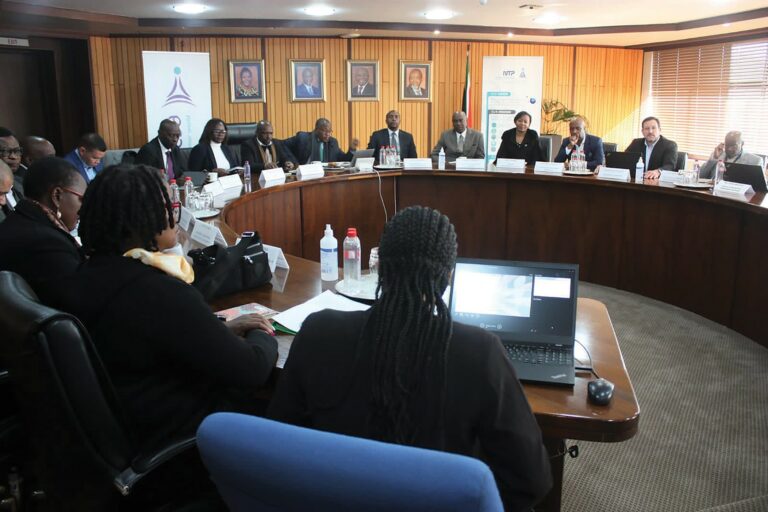Africa possesses abundant energy resources, yet it faces a significant electricity deficit in terms of access, capacity, and consumption. While progress is being made worldwide, Africa continues to lag behind in electricity access. The average annual consumption per capita in Africa is approximately 515 kWh/year, with some countries as low as 50 kWh/year, compared to a global average of 2,326 kWh/year. Notably, the northern region consumes 40%, South Africa consumes 40%, and the remaining 20% is shared among other African countries. The energy sector’s challenges in Africa have far-reaching effects on the region’s social and economic indicators.By 2030, the International Energy Agency (IEA) projects that nine out of ten people without electricity access will be in sub-Saharan Africa. As the population grows, the middle class expands, and urbanization accelerates, the demand for energy in domestic and industrial sectors escalates.
To achieve the Sustainable Development Goals (SDGs), Africa requires significant energy and electricity supply. Nuclear power emerges as a promising solution for providing low-carbon, reliable, and affordable energy. However, prioritizing reliability is crucial, as access alone does not guarantee progress. Poor quality and unreliability can still impede economic growth. Consequently, some African countries are exploring nuclear energy and other sustainable options to secure reliable energy supplies, given the need for socioeconomic development and the growing environmental challenges.
The successful introduction of nuclear power in Africa hinges on robust infrastructural development, including human resource development, grid infrastructure, security measures, management of radioactive waste, funding, financing, and a comprehensive legislative and regulatory framework. Regional cooperation becomes critical in sharing infrastructure burdens and experiences among Member States, leading to economic benefits derived from joint regional initiatives. To ensure effective cooperation, several issues must be addressed.
First and foremost, strong political will, stability, and intergovernmental relationships are essential. Decision-makers and stakeholders need to be aware of the challenges associated with nuclear power infrastructure planning, development, and management. Building a strong national and regional position on nuclear energy and garnering support from all stakeholders are also vital. Moreover, each African State must demonstrate a strong commitment to actively participate in the regional cooperation program. Technical requirements encompass the promotion of self-sustaining and regionally interconnected
nuclear power infrastructure through localization, research and development, establishment of reliable and adequate electric power generation, and transmission interconnections. National industries must provide adequate support to ensure targeted levels of local industry participation.
As interest in nuclear power grows across Africa, the stakes become even more significant. However, fulfilling regional cooperation for nuclear power program development in the Sub-Region poses considerable challenges. Therefore, strengthening the planning of an African network to enhance nuclear power program development becomes crucial. Optimal synergy and maximum cooperation with regional and international partners, including regulatory bodies and operating organizations, are vital to leverage expertise and resources.
Let us join forces to address Africa’s energy challenges, tap into its rich energy resources, and unleash its potential through sustainable, reliable, and cleaner energy solutions. Together, we can drive progress, strengthen regional cooperation, and foster a brighter energy future for Africa.



